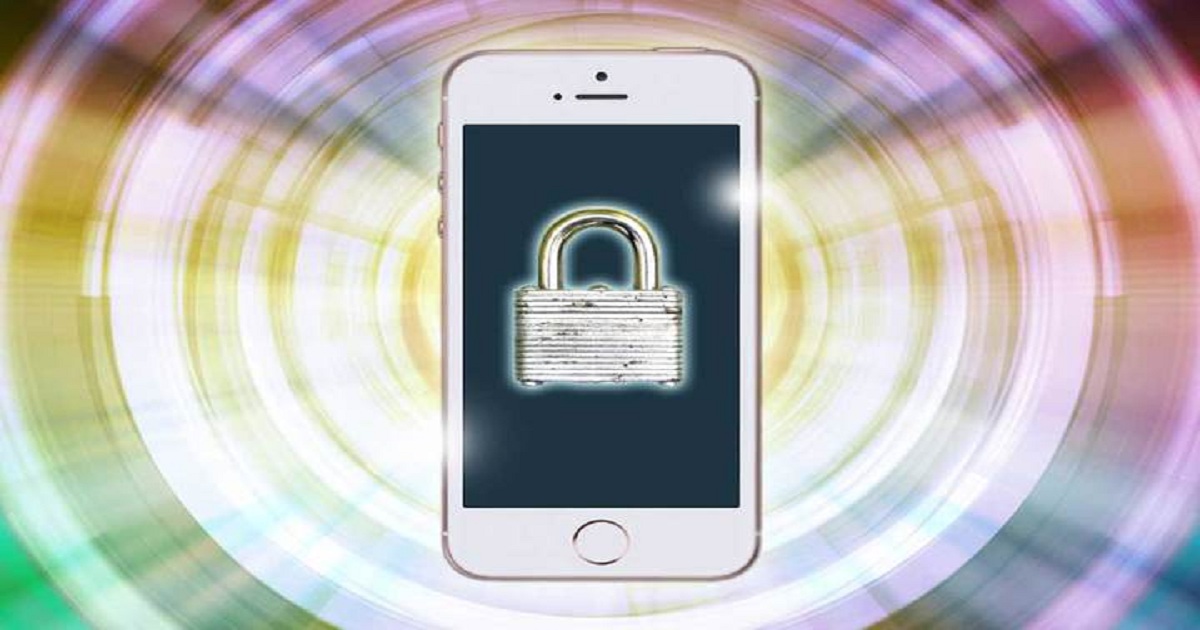Apple Renews iOS 12 Data Security Arms Race With Law Enforcement

When the new version of iOS is released sometime this summer, it will include a means of blocking attempt to unlock iPhones through their Lightening Ports, a method currently used by the FBI. Ever since Apple refused demands by the FBI to unlock an iPhone used by a murderous terrorist in December 2015, there’s been a struggle between the company and its pledge to protect the privacy information of its customers and law enforcement, which wants access to information on suspects’ phones. Part of Apple’s effort is to make encryption of the data on iPhones the default setting. This has made it more difficult for police agencies to access the data of criminal suspects, but that’s not the same as impossible. Since 2015 Apple has worked to make data on its devices even more inaccessible. Meanwhile companies such as Cellebrite and Grayshift have developed devices that allow agencies to overcome those limitations, which in turn allows agencies to gain access to iPhones when they really need to. Now, Apple is upping the ante by limiting how law enforcement can unlock an iPhone. Here’s what’s going on: Apple’s devices have long had the ability to be locked with a PIN. Initially these were four-digits long, but they’ve been extended to allow six digits. In an effort to prevent PIN-guessing, Apple’s software also watches how fast the numbers are pressed during an unlock attempt. Too fast, and the unlock won’t work even if the numbers are correct. This is to defeat mechanical number-guessing.